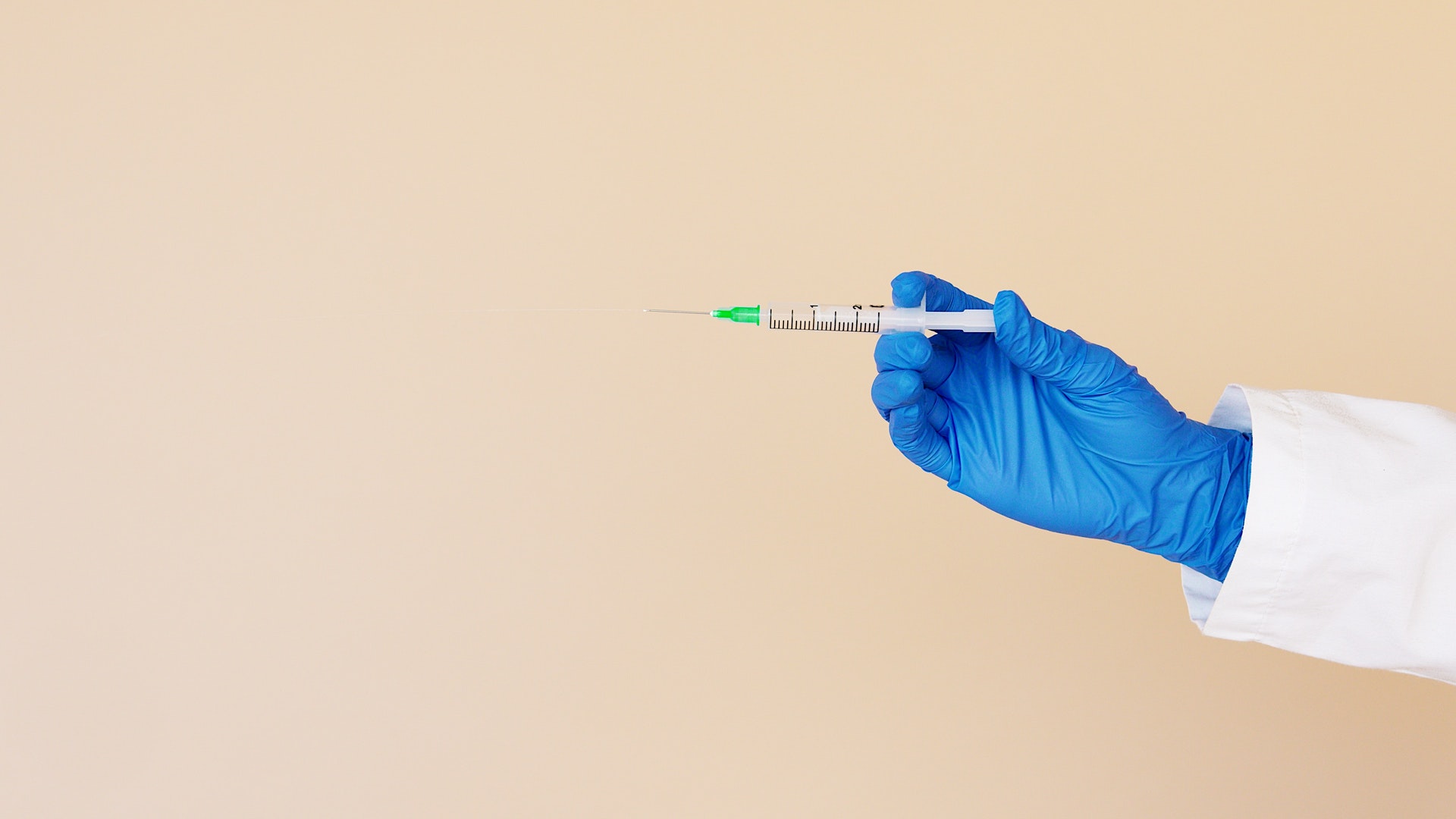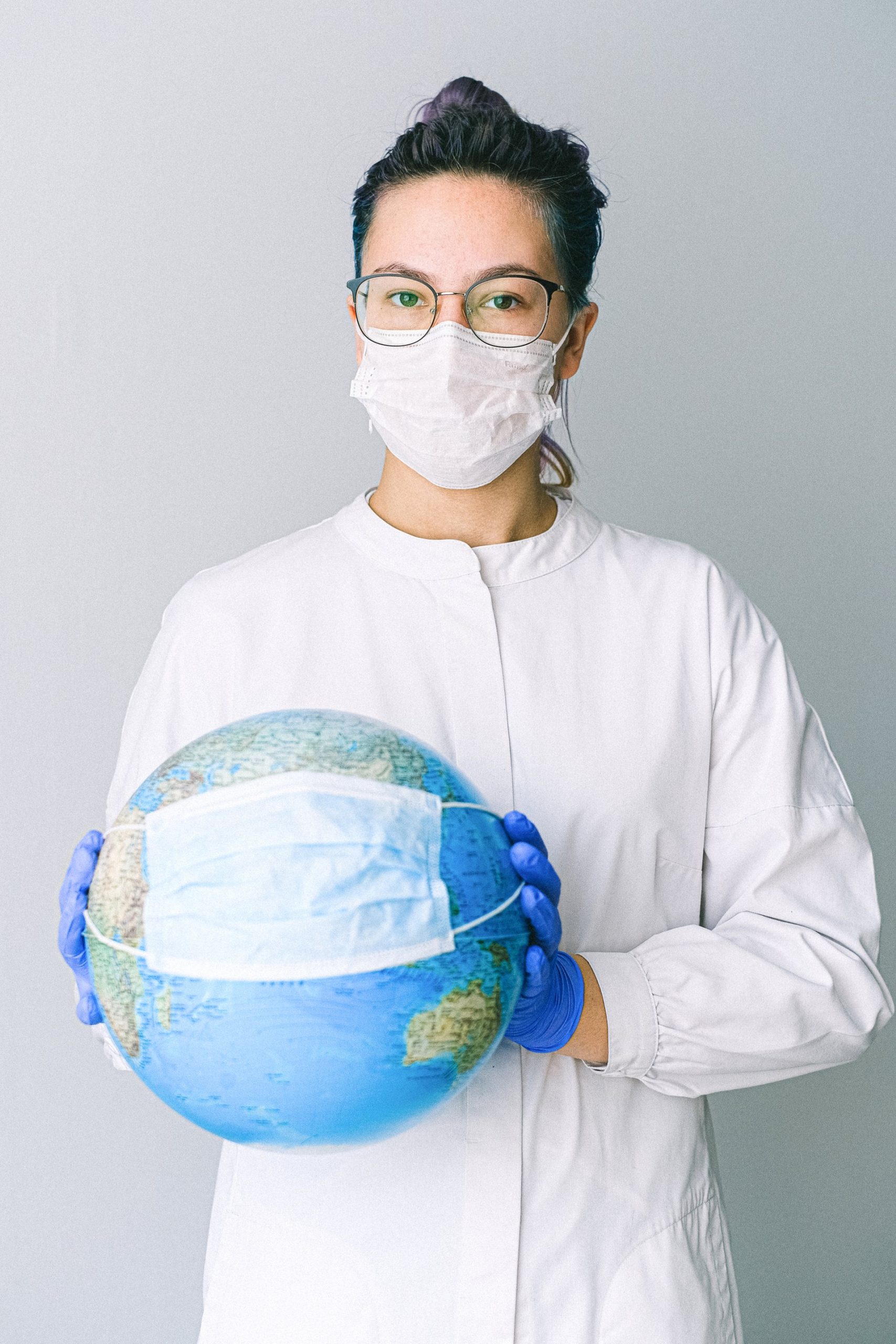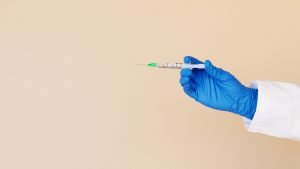I am not a doctor, and therefore I have no medical qualifications, but I endeavour to base my beliefs and actions on scientific evidence and reason. I, like many others, hope that scientists will soon find a safe and effective vaccine, one that can be produced in sufficient quantity to stop this terrible pandemic in its tracks. I say “many” people and not “everyone”, because health care professionals are afraid that public distrust of vaccines may lead to a continued spread of the virus even if they can come up with a solution that works. As we all know, in the 21st century, there are too many people who are vulnerable to politicisation and irrational fear of vaccination, which happens to have saved millions of lives over the decades and continues to do so today.

The number of vaccines developed to beat the coronavirus is irrelevant if people don’t want to take them, and given how difficult it is to persuade people to wear masks, which is far simpler than going to the doctor for an injection, we can only imagine how hard it will be to convince people to get vaccinated.
For decades, the world was happy to believe reliable, accessible information about vaccines, supported by sound, scientific data. Then came the internet, and now logical thought and trust in science are losing ground under the weight of dubious information gleaned by the public from unreliable sources such as social media and self-interested politicians, and unsubstantiated snippets of knowledge backed by no more than fuzzy, unscientific “beliefs”.
The truth is that vaccinations have been a triumph for global health, but a disaster for public relations. According to the World Health Organisation, vaccinating the population is one of the most successful public health achievements of the past century, reducing the frequency and deaths from preventable diseases like whooping cough and measles, both of which are creeping back in some countries as misguided parents refuse to adequately vaccinate and protect their children.
It is a cause for celebration by humankind that more than 20 potentially fatal diseases can now be prevented by immunisation, and new vaccines for killers like diarrhoea, cervical cancer, cholera, and meningitis are being administered in numerous countries. The vital work to protect people of all ages from preventable disease must also continue during the current pandemic.
Despite the misinformation spread by politicians and some doctors, numerous reliable studies have shown that there is absolutely no evidence to support the idea that vaccines cause autism or other chronic illnesses, nor is it true that our immune systems can’t handle more than one vaccine simultaneously.
Many people worry that vaccines contain unsafe toxins, but the truth is that only trace amounts of some chemicals are used, and there is no scientific evidence that they are harmful. Others believe that improved hygiene and sanitation are responsible for decreased infections, not vaccines, but they are mistaken. When the first measles vaccine was introduced in the United States in 1963, there was a steady infection rate of 400,000 per year. This had fallen to just 25,000 cases by 1970, without changes in hygiene and sanitation standards. The evidence is as clear for anyone who care to look.
Regardless of how concerned you may be, you are wrong if you believe that vaccines are not worth the risk. Only one death was reported to the Centre of Disease Control between 1990 and 1992 attributed to a vaccine, and there is thought to be just one severe allergic reaction for every million or two injections. On the other hand, if you wanted to gain immunity to measles, for example, by contracting the disease, you would face a one in 500 chance of dying from your symptoms.

As I say, I am not a doctor, but I can read, and I prefer to get my health information from the World Health Organisation than from Facebook or Instagram.
If you still have doubts, then think of the last time you had flu, or even a really bad gastrointestinal infection and then think about how ill you might be if you caught Covid-19 because you didn’t want to have a vaccination.
